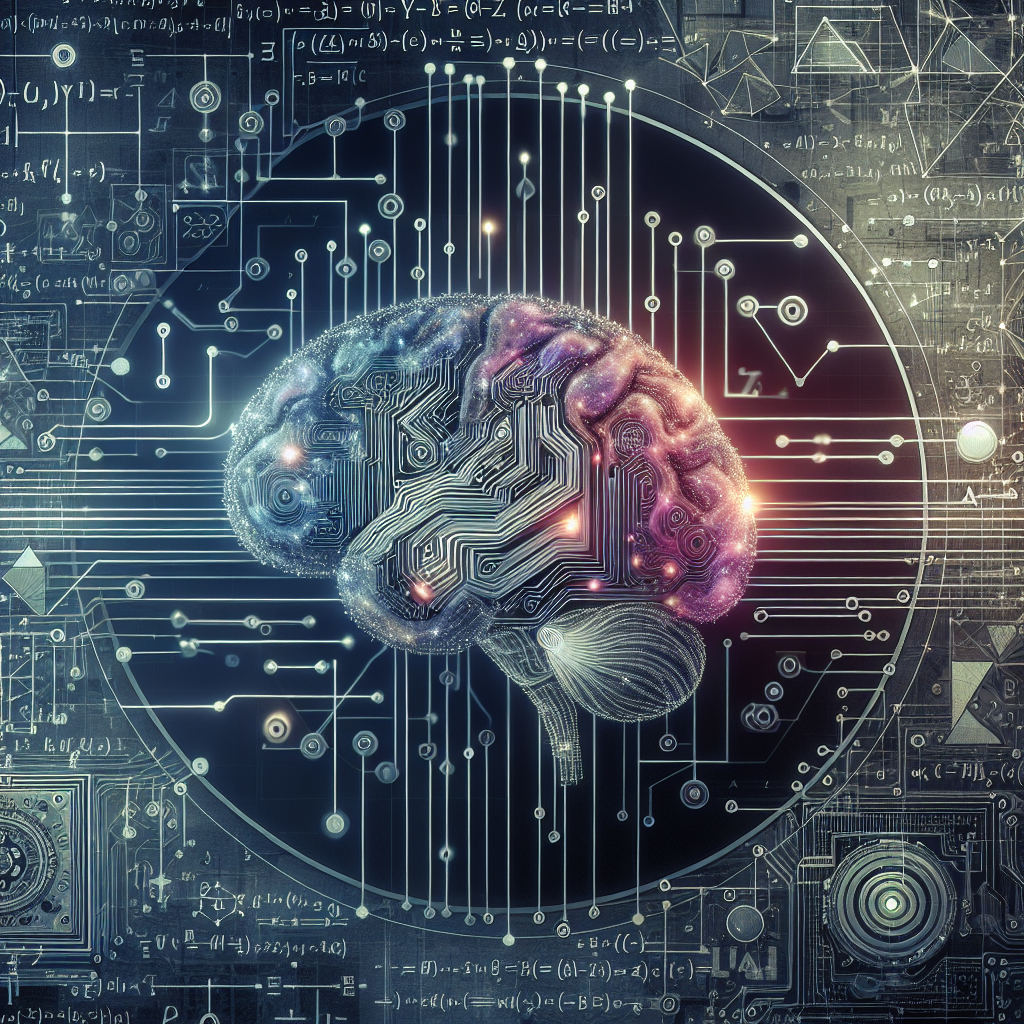Demystifying AGI: Understanding the Breakthroughs and Possibilities
Artificial General Intelligence, or AGI, is a term that has been gaining more attention in recent years as advancements in artificial intelligence (AI) technology continue to progress. AGI refers to a type of AI that is capable of understanding and learning any intellectual task that a human being can. In other words, AGI aims to replicate human-level intelligence in machines.
While we have seen remarkable progress in AI technology over the past few decades, achieving true AGI is still a daunting challenge. However, recent breakthroughs in AI research have brought us closer to realizing this goal than ever before. In this article, we will explore the key breakthroughs in AGI research, the possibilities that it presents, and address some frequently asked questions about AGI.
Breakthroughs in AGI Research
One of the most significant breakthroughs in AGI research in recent years has been the development of deep learning algorithms. Deep learning is a subset of machine learning that involves training artificial neural networks on large amounts of data to recognize patterns and make predictions. These algorithms have been instrumental in advancing AI technology, enabling machines to perform tasks such as image recognition, natural language processing, and game playing with human-like accuracy.
Another breakthrough in AGI research has been the development of reinforcement learning algorithms. Reinforcement learning is a type of machine learning that involves training an agent to make decisions by rewarding it for taking actions that lead to desirable outcomes. This approach has been used to create AI systems that can play complex games, such as Go and poker, at a superhuman level.
Furthermore, researchers have made significant progress in developing AI systems that can reason and understand context in a way that mimics human intelligence. These systems use techniques such as natural language processing and knowledge representation to analyze and interpret information, enabling them to perform tasks that require higher-level cognitive abilities.
Possibilities of AGI
The potential applications of AGI are vast and varied, with implications for almost every industry and aspect of society. Some of the key possibilities of AGI include:
1. Automation of labor-intensive tasks: AGI has the potential to automate a wide range of tasks, from manual labor to knowledge-based work. This could lead to increased productivity, cost savings, and new opportunities for innovation.
2. Personalized healthcare: AGI could revolutionize healthcare by enabling personalized treatment plans based on an individual’s genetic makeup, medical history, and lifestyle factors. This could lead to more effective and efficient healthcare delivery, leading to better patient outcomes.
3. Climate change mitigation: AGI could be used to analyze complex environmental data and develop strategies for mitigating the effects of climate change. This could help us better understand the causes of climate change and develop solutions to address them.
4. Enhanced education: AGI could revolutionize the way we learn by personalizing educational materials, providing real-time feedback, and adapting to individual learning styles. This could lead to more effective and engaging educational experiences for students of all ages.
5. Improved decision-making: AGI could help us make better decisions in fields such as finance, politics, and cybersecurity by analyzing vast amounts of data and identifying patterns that humans may miss. This could lead to more informed and effective decision-making processes.
FAQs about AGI
Q: What is the difference between AGI and narrow AI?
A: Narrow AI refers to AI systems that are designed to perform specific tasks, such as speech recognition or image classification. AGI, on the other hand, aims to replicate human-level intelligence across a wide range of tasks.
Q: When will AGI be achieved?
A: The timeline for achieving AGI is uncertain, as it depends on a variety of factors, including technological advancements, research funding, and ethical considerations. Some experts believe that AGI could be achieved within the next few decades, while others are more cautious in their predictions.
Q: What are the ethical implications of AGI?
A: AGI raises a number of ethical concerns, including issues related to privacy, security, bias, and job displacement. It is important for researchers, policymakers, and the public to address these concerns proactively to ensure that AGI is developed and deployed responsibly.
Q: Will AGI surpass human intelligence?
A: It is possible that AGI could surpass human intelligence in certain domains, such as data analysis or problem-solving. However, it is unlikely that AGI will possess all of the qualities that make humans unique, such as creativity, emotions, and consciousness.
In conclusion, AGI represents a new frontier in AI research with the potential to revolutionize society in ways we can only begin to imagine. While there are still many challenges to overcome, recent breakthroughs in AGI research have brought us closer to achieving this transformative goal. By understanding the possibilities and implications of AGI, we can work towards harnessing its power for the benefit of humanity.

